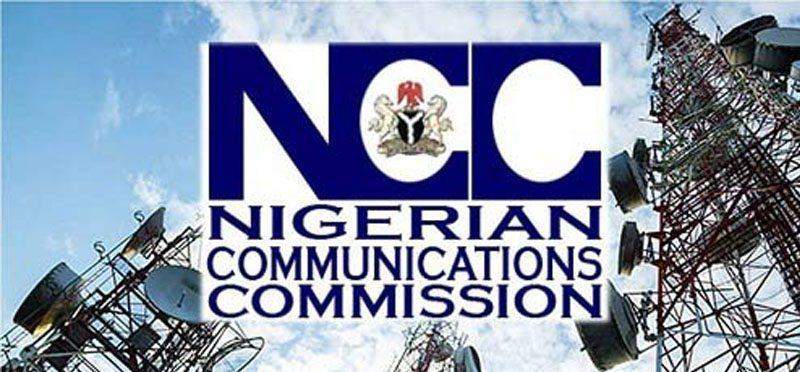The Nigerian Communications Commission (NCC) has released its latest industry statistics showing the total number of mobile subscriptions in Nigeria fell by 1.01 million to 225.82 million in March 2023, marking a 0.45% decrease. This decline has caused a slowdown in the growth of the telecommunications sector for the first time in almost two years as mobile subscriptions previously recorded steady growth since June 2021.
Although data from NCC indicates a 3.59 million increase from the 222.23 million mobile subscriptions in December 2022, the total number of mobile subscriptions dropped from 226.84 million to 225.82 million in March 2023. Meanwhile, MTN maintains its position as Nigeria’s largest telecom provider, with 91.55 million mobile subscriptions. However, it recorded a decline compared to 91.71 million subscribers in February. On the other hand, other telecom providers recorded an increase.
Globacom ranked second with 60.79 million, followed by Airtel with 60.33 million and 9mobile with 13.14 million mobile subscriptions. A significant increase was recorded in mobile subscriptions from 199.20 million in March 2022 to 225.84 million in March 2023, indicating an increase of over 13.4 million subscriptions year on year.
However, teledensity, which measures the number of active telephone connections per 100 inhabitants living within an area, fell to 118.48% in March, compared to 119.01% in February. Mobile internet subscriptions grew to 156.98 million, with broadband penetration rising to 53.50%, and subscriptions declining to 92.03 million.
Telecommunication companies attribute the slight decline to the high rate of inflation, petrol and cash shortages experienced during the period under review. According to the CEO of MTN Nigeria, Karl Toriola, in its Q1 2023 Earnings Release, the firm has continued to experience headwinds in its operating environment as it navigates a challenging working environment.
Toriola stated, “The impacts of ongoing global macroeconomic and geopolitical developments on energy, food and general inflation were exacerbated locally by petrol and cash shortages experienced during the period. This placed additional pressure on economic activity, consumers and businesses.” The private sector also experienced a significant contraction in March 2023 since the recovery from the COVID-19 pandemic. This decline saw the Purchasing Managers’ Index (PMI) drop to 42.3 points from 44.7 points in February 2023.
Finally, the new industry statistics from NCC show that the telecommunications sector contributed 13.55% to the overall Gross Domestic Product (GDP) of Nigeria in Q4 2022, compared to 12.84% in Q3 2022 and 12.61% in Q4 2021, indicating a quarter-on-quarter and year-on-year increase.
